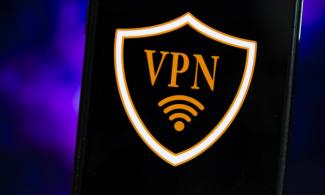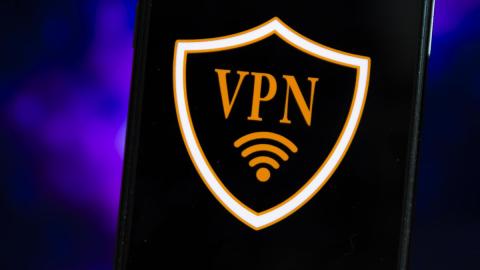
VPN is a connection that allows users to establish a protected network connection when using public networks.
On Friday, the Nigerian government announced the indefinite suspension of Twitter’s operations in Nigeria.
This was after the micro-blogging site deleted genocidal tweets from the President, Muhammadu Buhari, on the Biafran War of 1967-1970, wherein many lives were lost.

In a statement, Lai Mohammed, Minister of Information, said the government was forced to act because of “the persistent use of the platform for activities that are capable of undermining Nigeria’s corporate existence.”
A check by SaharaReporters in the early hours of Saturday showed that the platform is no more active within Nigeria except for those using Virtual Private Network (VPN).
VPN is a connection that allows users to establish a protected network connection when using public networks.
It is essential in helping users to protect their internet traffic and keep their identities private online.
By connecting to a secured VPN server, for instance, your internet traffic goes through an encrypted tunnel that nobody can see into, including hackers, governments, and your internet service provider.
One of the benefits of using a VPN is that it changes your IP address. This implies that with a new IP address — which can be that of any country of your choice — you can use Twitter as if you’re in your selected country without restriction.
However, there are some dangers associated with the app as listed below;
Choosing the wrong VPN: One of the dangers of using a VPN is choosing the wrong one.
Free services that advertise on browser extension stores and mobile marketplaces are notorious for claiming fast downloads and anonymized activities when in reality, they can be more dangerous than not using a VPN at all.
All devices aren’t automatically protected – If you use VPN software to protect your PC or smartphone, that’s the only device that gets protected.
To keep data safe, you must install an app on every device that connects to the internet (or else use a VPN router).
Viruses and malware are still a threat – Most VPNs do not protect your computer from viruses or malware.
You’ll still need to be mindful of downloading suspicious files, primarily through torrent and P2P networks.
Speed issues: VPN will often slow your connection speed by 10-25% depending on the service, all thanks to encryption overhead.
This can be frustrating if you frequently stream HD movies or do a lot of online gaming.
Fake VPN scams: In an ironic twist, many online hackers rely on scamming those working the hardest to avoid scams. This means that consumers should be wary of free anti-virus installers, fake ‘alert’ pop-ups, and, yes, VPN software. In the worst case, however, they also sell or supply data to government authorities. Even if the provider promises not to sell the data, it is already a risk that the data is stored at all.